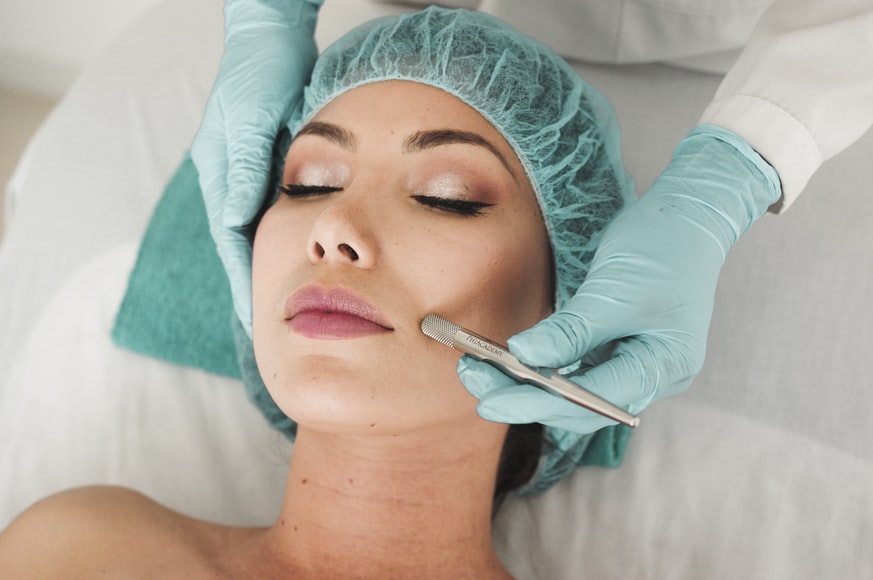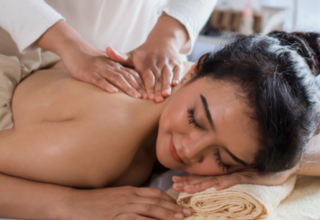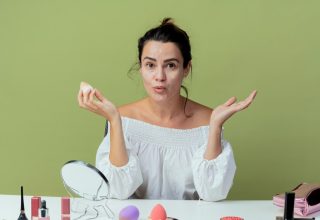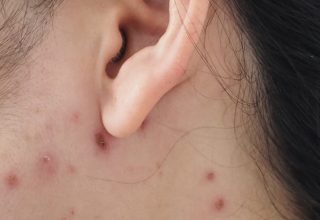Lightening Your Skin Safely: Avoid These Practices and Ingredients
Skin whitening is fraught with controversy yet continues to be popular, especially in Southeast Asia. While most over-the-counter whitening products and clinical treatments are considered safe, the practice’s fame can be taken advantage of by scheming retailers.
They’d sell cheap, supposedly effective products to unsuspecting buyers, who would later realize that they’d been duped. The products might turn out to have artificial ingredients or toxic additives.
The Food and Drug Administration (FDA) has stepped in to regulate skin whitening products and treatments. But some products still get sold illegally, so be extremely careful when you shop. To ensure your safety while achieving fair skin, avoid these things:
1. FDA-banned Products
If you stumble upon a cheap product sold online or the retailer directly approaching you, research the brand first. The FDA website has advisories regarding unapproved cosmetic products. If you saw the product in a store, check the ingredients list on the back of the packaging. Take a photo, then look up those ingredients online to see if they’re safe.
According to the FDA, the ingredients hydroquinone and tretinoin(retinoic acid) aren’t allowed to be put in a cosmetic product. Instead, products containing them should be classified as home remedies, over-the-counter, or prescription drugs, depending on the amount present.
The FDA warns that using adulterated cosmetics could cause adverse reactions, such as skin irritation, redness, and even anaphylactic shock and organ failure. Hence, stick to tried-and-tested brands or reputable clinics to whiten your skin safely.
2. Bleaching
Among all types of skin whitening treatments, bleaching is the most controversial. Skin bleaching whitens the skin by reducing the concentration or production of melanin, which is one of the responsible factors for the skin’s pigmentation.
Hydroquinone is a common ingredient in bleaching products. It decreases the number of melanocytes – pigment-producing cells – on your skin. This process is risky because bleaching itself has several known side effects. These include mercury poisoning, dermatitis, blue-black pigmentation, steroid acne, and nephrotic syndrome.
Not all skin bleaching products are unsafe, though. The tried-and-tested ones have amazing effects apart from whitening the skin. It can also reduce dark or age spots, acne scars, and even out the skin tone.
If you’d like to bleach your skin, seek product recommendations from a dermatologist. Don’t just buy from stores or online without getting professional advice. Dermatologists can tell which product will work best on your skin tone or which ingredients are potentially harmful to you.
3. Sunlight Exposure
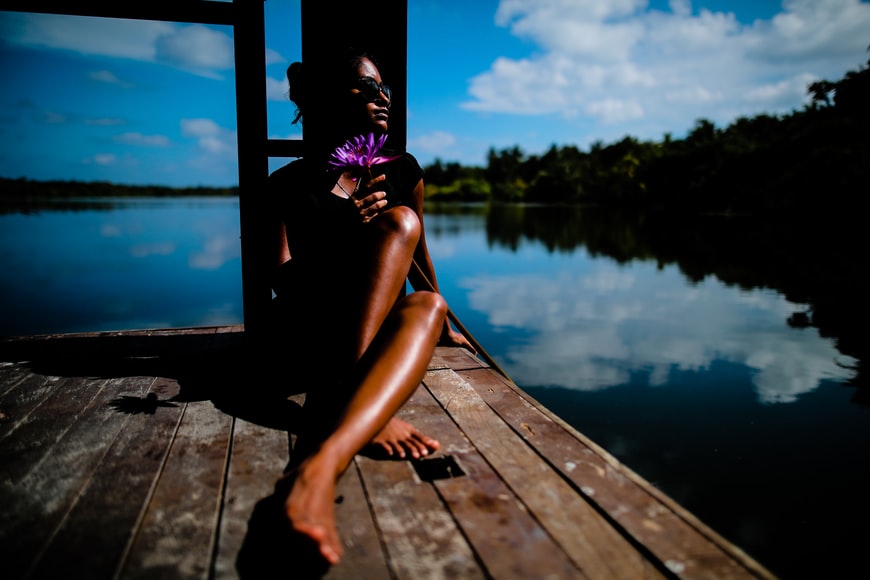
Sunlight won’t just burn your skin but also increase your risks for skin cancer. If you must walk under the sun, wear a generous layer of sunscreen and use an umbrella or a hat. Certain fabrics can also protect your skin from the UV rays, such as polyester, nylon, wool, and silk.
There are three types of UV rays: UVA, UVB, and UVC. Sunscreens protect against UVA and UVB since those are the only UV rays coming from the sun. UVA has the lowest energy levels, so it’s less dangerous than UVB, with medium energy levels. Still, both can cause sunburn and an increased risk for skin cancer. UVC, on the other hand, comes from welding torches, UVC lights, and mercury lamps, so if you work close to any of those objects, wear protective clothing.
4. Lack of Sleep
Lack of sleep won’t darken your skin, but it can delay the progress of your skin-lightening treatment. Without enough sleep, your skin can get dehydrated, turning your complexion sallow. This can make you look sick instead of glowing.
If you can’t avoid staying up late, drink lots of water to keep your skin hydrated. Put cold spoons against your eyes as well to reduce the appearance of dark circles. Try to avoid drinking caffeine or alcoholic drinks, as that would dehydrate your skin and render your skincare routine ineffective.
5. Products with Alcohol
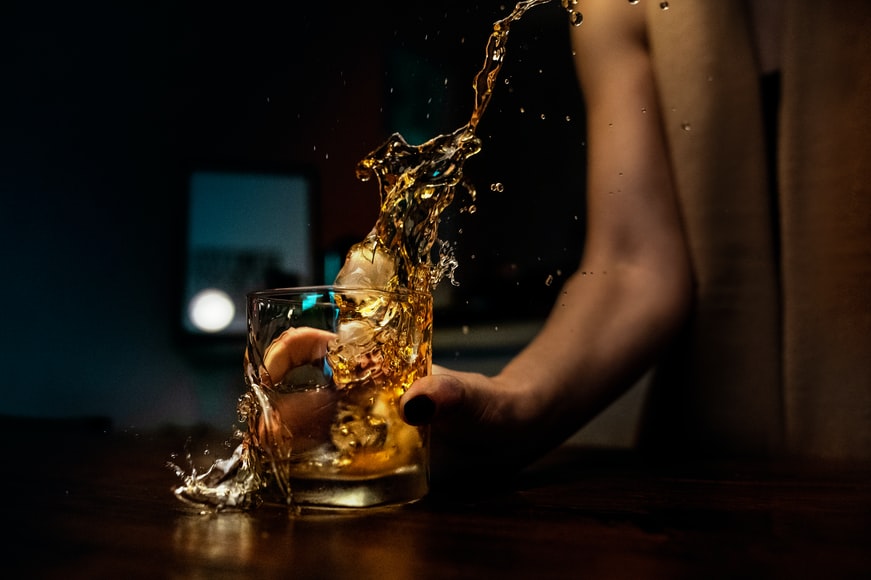
Alcohol isn’t inherently unsafe for the skin. In fact, a lot of toners have it as an ingredient under different terms. It can act as a preservative, though not the main one. However, alcohol can dry it out even further if you have dry skin, making your complexion uneven and dull.
So stick to alcohol-free toners for whitening skin. They’ll preserve the moisture on your skin, helping you maintain your youthful glow apart from your fair complexion. If you have oily or combination skin, using toners with alcohol may be safer for you, but if it dries out the areas outside your T-zone, then switch to alcohol-free alternatives as well.
Keep these tips in mind before trying out any whitening treatment or product. Regardless of the purpose, anything you put on your skin can have devastating effects if your body doesn’t agree with them. So prioritize researching and your safety before anything else.
Read Also:
- The Smoking Effect: Cigarettes are Making Your Skin Age Faster
- 7 Ways to Prep Your Skin This Summer
- 10 best home remedies for glowing skin
